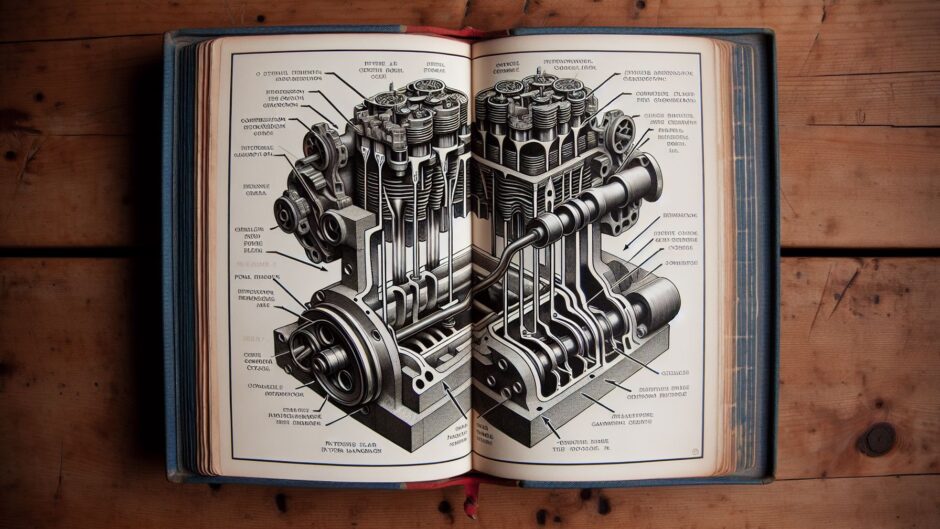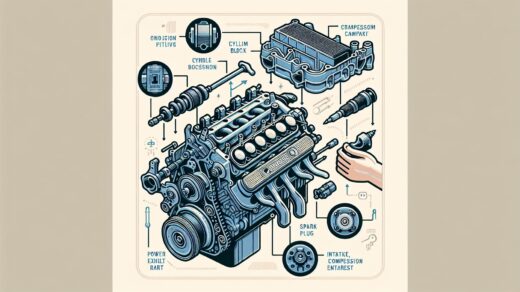Welcome to our latest blog post where we delve into the intricate world of engine combustion. As professionals in the automotive industry, understanding how engine combustion works is crucial for ensuring optimal performance and efficiency in vehicles. Let’s take a closer look at the process of engine combustion and how it powers your car.
The Basics of Engine Combustion
At the heart of every car is its engine, which relies on combustion to generate power. The process of combustion begins with a mixture of air and fuel being introduced into the combustion chamber. This mixture is then ignited by a spark plug, causing a controlled explosion. The rapid expansion of gases from this explosion drives the pistons, which in turn power the vehicle.
In a well-tuned engine, the air-fuel mixture is carefully calibrated to ensure complete combustion and maximum power output. However, factors such as dirty fuel injectors or a malfunctioning spark plug can lead to incomplete combustion, resulting in decreased performance and increased emissions.
Optimizing Combustion for Performance
Car enthusiasts and automotive professionals know the importance of optimizing engine combustion for improved performance. Tuning the air-fuel mixture, ignition timing, and exhaust system can all contribute to a more efficient combustion process. Regular maintenance and tune-ups are essential for keeping an engine running smoothly and efficiently.
In car reviews and performance tests, the efficiency of engine combustion is often a key factor in determining the overall performance of a vehicle. Whether it’s a high-performance sports car or a fuel-efficient hybrid, the ability to produce powerful and efficient combustion is crucial for delivering a satisfying driving experience.
Troubleshooting Engine Combustion Issues
Despite our best efforts, issues with engine combustion can arise in any vehicle. Automotive repair shops are well-versed in diagnosing and fixing these issues, whether it’s a clogged fuel injector or a faulty oxygen sensor. By using diagnostic tools and specialized knowledge, professionals can identify the root cause of combustion problems and restore a vehicle to optimal performance.
In the world of automotive repair, understanding engine combustion is essential for providing effective solutions to customers. By addressing combustion issues promptly, mechanics can prevent further damage to the engine and ensure the longevity of the vehicle.
Conclusion
Engine combustion is the driving force behind every vehicle on the road, from compact sedans to heavy-duty trucks. As professionals in the automotive industry, it’s important to have a deep understanding of how engine combustion works and how to optimize it for performance. By staying informed and knowledgeable, we can ensure that our customers’ vehicles run smoothly and efficiently for years to come.
We hope this overview of engine combustion has been informative and helpful. If you have any questions or would like to learn more about engine combustion, feel free to reach out to our team of experts. Thank you for reading, and happy driving!



